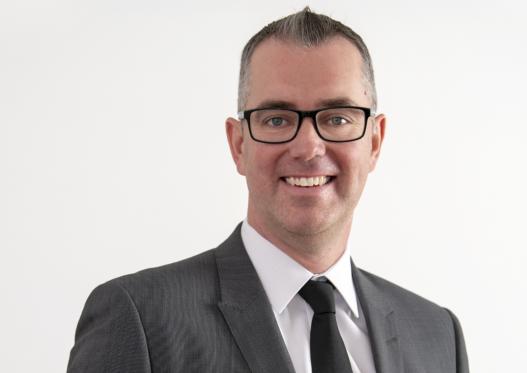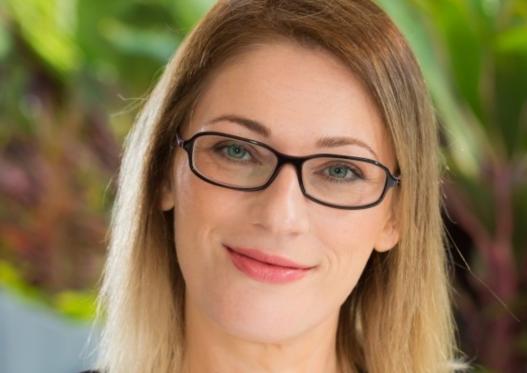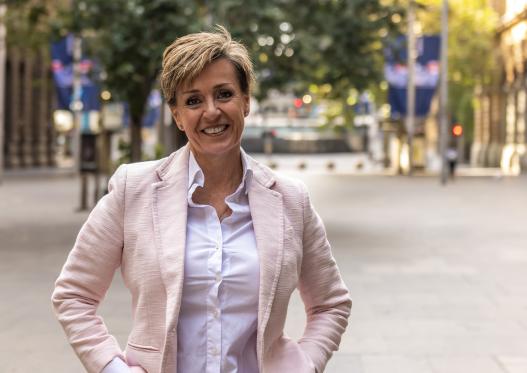FINSIA is being joined by author and advisor Dennis Gentilin as part of the organisation’s quest to raise professional standards in the financial services industry.
Dennis will be joining FINSIA on secondment from Deloitte where he is a Director in their Risk Advisory practice. Prior to this, Dennis worked at the NAB for over 15 years where early on in his career he was publicly named as a whistleblower after he helped report a cover-up of hundreds of millions of dollars in foreign exchange losses.
The adjunct fellow at Macquarie University will be helping FINSIA draft and socialise professional standards for the banking and financial services sector.
FINSIA’s belief is that industry-wide adoption of professional standards central to a long-term cultural change and supports principles-based regulation that will restore customer trust to an industry that has been rocked by too many scandals over recent years.
“I have spent a lot of time researching conduct issues and ethical failure. Although there is no straightforward solution, the development of professional standards is an important piece of the puzzle," he said.
“The time is right to begin this work in the banking industry and working at Deloitte gives me the benefit of bringing some eminent experts and leading thinking to the FINSIA project.”
Chris Whitehead, FINSIA CEO says, “Since FINSIA renewed its professionalism strategy in early 2017, pre-Royal Commission, it is pleasing to see the growth in industry support that is helping FINSIA drive cultural change towards higher standards of ethical professionalism.
“It is extremely valuable and important to have Dennis join FINSIA at this time, bringing his experience and expertise in ethics to help FINSIA draft professional standards and engage industry, government, industry bodies and the regulators to help refine and adopt these.”
Dennis, who was 29 at the time of the revelations that led to the resignation of the chairman and the CEO, continued to work at NAB until 2016 when left after the launch of a book titled The Origins of Ethical Failures, which was partly a reflection on this experience.
Since then, he has gone on to complete a psychology degree and speak extensively on ethics, especially around corporate culture and the need for big businesses and those at the helm to elevate purpose to the same level as profit.
“They need to demonstrate, in both their actions and words, that they take their broader social obligations seriously” he said after the release of his book.
“Research shows that in certain environments this can be difficult to achieve, even for ethical leaders. They need to be supported by appropriate institutional arrangements. One such arrangement is the development of professional standards that practitioners at all levels are held accountable too.”








